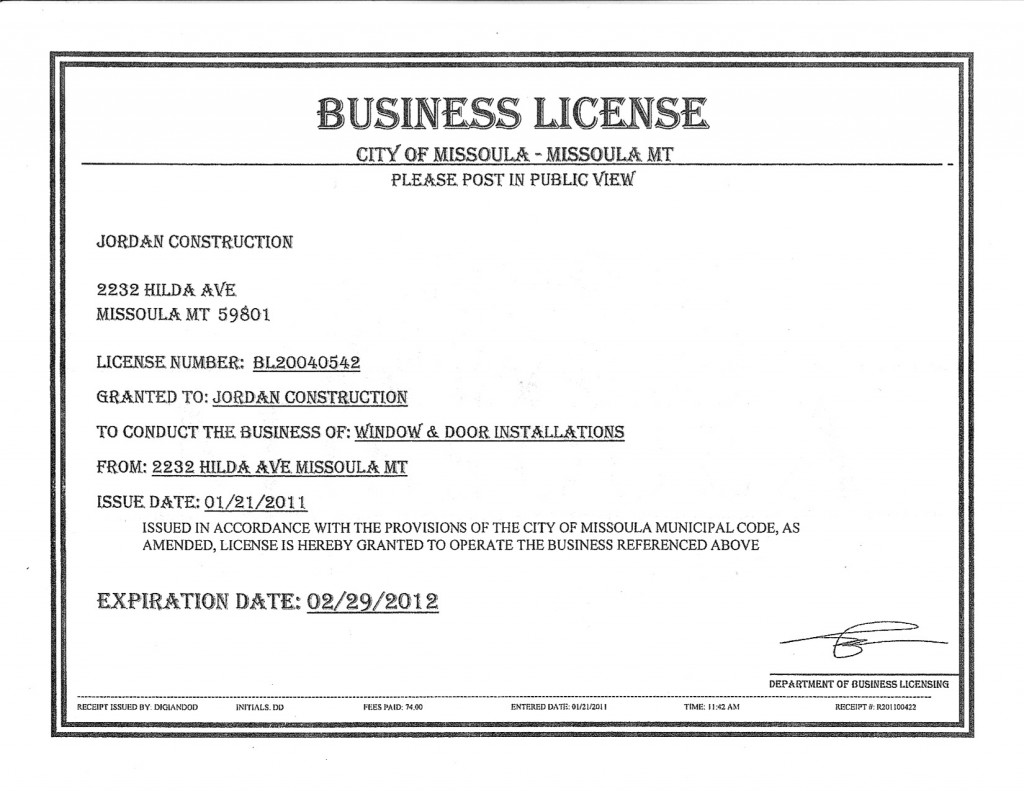
The human resources consulting business arose from management consulting. Two roles are typical for HR consultants. One is to provide analytics and HR strategy. The other role is to support learning and development. These roles are crucial for any company to succeed. These consultants might specialize in one or multiple of the areas listed below, depending on what is needed by the company.
Human capital consulting
Human capital consulting is a great career choice if you enjoy working with people and want to make a positive impact on the world. Consultants help organizations improve their business operations by creating strategies, programs and performance management systems. You must have excellent communication skills and a deep understanding of psychology and human behaviour.
Human capital consultants must stay abreast of developments in the field in order to give clients the edge in the workplace. Businesses are becoming more competitive and global, which means that a flexible workforce is more important than ever. Most companies are looking for new ways to improve productivity and efficiency, and this often includes changing their working model.

HR consulting
The HR consulting industry emerged from management consultancy. It focuses exclusively on decisions and tasks that relate to human resources. There are typically two roles that an HR consultant fills. The first involves strategic planning. The other is responsible for managing the operational aspects of human resources. These consultants are able to provide guidance about how to manage people, processes and technology.
Business can increase efficiency through HR consulting. Companies often bring them in to help with a particular problem. Their tasks can include assessing a company's human resource deficit and creating policy and implementing it. Others include implementing technology and driving organisational change. While large multinational companies employ HR consultancies most often, small and medium-sized businesses also use their services.
Analytics for HR
A consultant in HR analytics can help you make the most from your data. This type of service provides insights into employee behavior and trends and can help you make informed decisions. This service can help you to eliminate biases and ensure every candidate has equal opportunities. These insights can be based on data. They can be used to improve hiring, reduce the time involved in hiring, and identify trends in recruiting outcomes.
HR analytics consultancy is on the rise. This field is seeing significant growth because of the advent of AI/automation. It is becoming even more important as industries and assets combine. As these changes occur, the human capital landscape is changing. Additionally, immigration and the challenges associated with aging are increasing in importance.

Learning & development
A Learning & development consultant HR can help you develop your company's talent. L&D professionals work with the business leaders and executive team to identify skill gaps and create effective training programs. L&D programs that align with an organisation's goals are flexible, measurable, and adaptable.
Typically, learning and development consultants have a bachelor's degree in a field related to learning and development. Some employers prefer consultants who have a master's degree.
FAQ
What can I anticipate from my consultant
When you choose your consultant, they should respond within a few working days. They will request information about your company including its mission and goals, products, services, budget, and other pertinent details. Next, they'll provide a proposal describing the scope and estimated time frame, fees, deliverables or milestones, as well as an estimate of costs.
If everything looks good, then the two parties will negotiate a written contract. The type relationship between the two sides (e.g. employee-employer or independent contractor-employer) will dictate the terms of the contract.
If everything goes well, the consultant should start work immediately. He/she will have immediate access to your internal documents, resources, and you'll be able to access his/her skillset and knowledge.
However, don't assume that just because someone is a consultant that s/he knows everything. It takes time and practice to become an expert on any subject you consult. Do not expect your consultant to be an expert in every aspect of your business.
How do I choose the right consultant?
There are three major factors you should consider:
-
Experience - How much experience does this consultant have? Is she an expert, beginner, intermediate or advanced consultant? Does her resume reflect the knowledge and skills she has?
-
Education - What did this person learn during school? Did he/she go on to further education after graduation? Were there any evidences of this learning in his/her writing?
-
Personality - Are we attracted to this person? Would we like him/her to work with us?
-
These questions help to decide if the consultant suits our needs. If you do not have the answer, it is worth interviewing the candidate to find out more.
How long does it take for a consultant to be established?
The length of time required varies depending on your background and industry. Most people start out with a few months before they find work.
However, consultants can spend many years learning before they are able to find work.
What qualifications does a consultant need?
Not only is it important to have an MBA but you should also have business consulting experience. You must have at least two years' experience working in consulting and/or training within a large company.
Your experience in strategy development projects requires that you work closely with senior managers. This would require you to be comfortable with presenting ideas and getting buy in from clients.
Additionally, you will need to pass a professional qualification such as the Chartered Management Institute Certified Management Consultant (CMC).
What types of jobs are available as a consultant?
Consulting requires an in-depth understanding of operations and business strategy. It is important to understand the workings of businesses and how they fit into society.
To be successful as a consultant, you must have strong communication skills and an ability to think critically.
Consultants need to be flexible as they might be assigned different tasks at different times. Consultants should be able to quickly change their direction if necessary.
They should be prepared to travel extensively in support of their clients. This type work can take them anywhere in the world.
They need to be able and able to manage pressure and stress. Consultants might sometimes have to meet tight deadlines.
As a consultant, you may be expected to work long hours. This could mean that overtime may not always be paid.
What contracts are available for consultants?
When consultants are hired, they sign standard employment agreements. These agreements include details such as how long the consultant will stay with the client, what he/she can be paid, and other important information.
Contracts can also indicate the areas of expertise that the consultant will concentrate on and the compensation they will receive. The agreement might state that the consultant will conduct training sessions, workshops or webinars.
Sometimes, the consultant agrees to do certain tasks within a given time frame.
Many consultants also sign independent contractor agreement in addition and standard employment agreements. These agreements allow the consultant to work independently but still receive payment for his/her efforts.
How do I get clients for my consultancy business?
First, find a subject you're passionate about. It could be anything from social media to public relations, but there must be something you feel strongly about. You may need to start small and find a niche market like web design. Once you find the right niche, it is important to know what makes it tick. What problems does this solve? Why should people use it? And most importantly, how can you help them?
You can also try approaching businesses directly - perhaps they need someone who understands SEO or content creation, or maybe they just want to know where to go for advice on social media strategy.
If all else fails offer your services for free at networking events and conferences. You'll meet many potential customers without spending money on advertising, and you'll be able to show off your skills.
Statistics
- My 10 years of experience and 6-step program have helped over 20 clients boost their sales by an average of 33% in 6 months. (consultingsuccess.com)
- So, if you help your clients increase their sales by 33%, then use a word like “revolution” instead of “increase.” (consultingsuccess.com)
- According to IBISWorld, revenues in the consulting industry will exceed $261 billion in 2020. (nerdwallet.com)
- According to statistics from the ONS, the UK has around 300,000 consultants, of which around 63,000 professionals work as management consultants. (consultancy.uk)
- Over 50% of consultants get their first consulting client through a referral from their network. (consultingsuccess.com)
External Links
How To
How do you find a good advisor?
The first step in finding a good consultant is understanding what you want from your consultant. Do you want them help improve your website's efficiency? Are you looking for them to help optimize your website to rank higher on search engines? You might also want someone to help you determine if your hosting provider is in trouble. After you have decided what services you need, it is time to start looking at potential companies. Although there are many consultants who claim to offer these services, very few of them can actually provide the required results. How can you pick the right one? Here are some things to consider when picking a consultant:
-
Get recommendations. This is the best way to select a consultant. You shouldn't hire someone you haven’t met before as they will probably charge you too much. You also don't want someone with a poor reputation to work for you. If you have the good fortune to get referrals from trusted people, great! You can check online reviews even if they don't refer you. Check for testimonials or case studies that show how clients have used your services.
-
Ask around. Many people don’t know that they could gain from consulting. They believe that because they're doing well, they don’t need to make any changes. This is often false. Even if you are seeing great results, it is likely that you have not been keeping up to date with technology and trends. You'll lose out on the opportunities to grow your company if you rely on old methods. Ask around to find a qualified consultant.
-
Verify their qualifications. You need to verify their qualifications when you are searching for a consultant. Make sure that they're qualified to perform the tasks you need to be done and that they have sufficient expertise in the area.
-
Find out what type of projects they are skilled in. It is a common misconception that everyone can manage everything. Some areas require specialized training and education. You won't hire a Drupal developer if you need to build a WordPress template. The same goes for graphic design, programming languages, etc. Ask what projects they usually work on.
-
Find out what their charges are. As we said, you don't want to pay too much for a consultant. You also don’t want to spend too little. There are many types of consultants. While some consultants charge an hourly rate, others bill per project. You will save money if you know exactly what you're going to pay upfront.
-
Find out what they offer. Are they willing to provide free consultations? They will be able to offer you guidance on setting up your own system. Is there a guarantee that your site will rank higher after working with them? If you don't like what you hear during your consultation, you should feel confident knowing you can cancel without penalty.
-
Ask if they offer discounts over multiple months or for years. Many consultants offer discounted pricing over extended periods. Even though you do not necessarily have to commit to a whole year of service, you might still be able to benefit from any specials they offer.